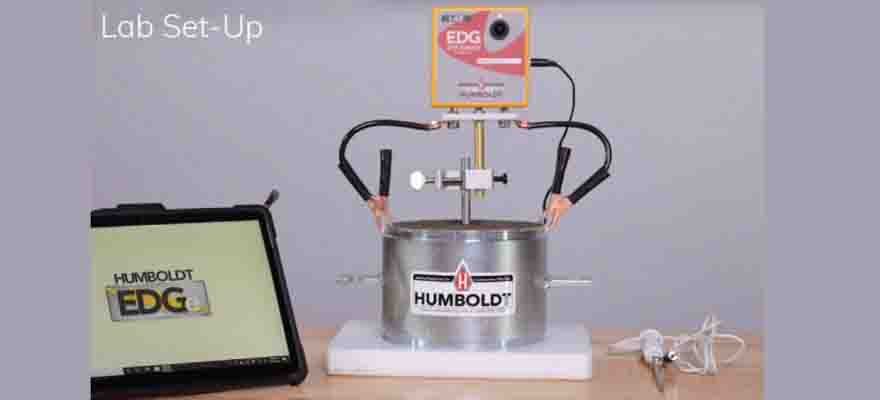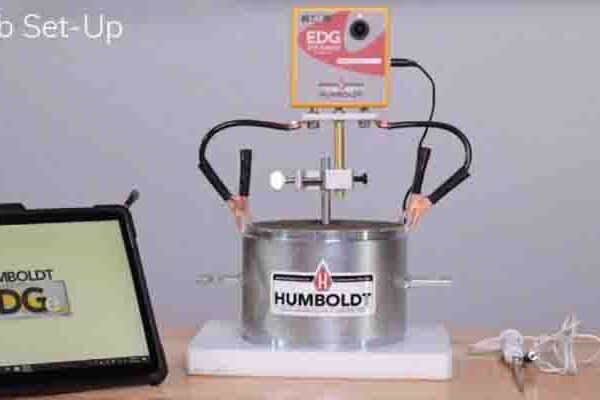Top 10 Field Testing Tools Every Technician Needs
In the ever-evolving world of construction and civil engineering, field technicians are the backbone of quality assurance and project success. Whether assessing soil stability, testing asphalt, or ensuring foundation integrity, having the right tools is essential. As we move into 2025, technology continues to revolutionize field testing, making tasks faster, safer, and more accurate. Here’s a comprehensive guide to the top 10 field testing tools that every technician should have in their arsenal.
1. Automatic Consolidation Test Apparatus
Understanding soil behavior under load is critical for any construction project. That’s where the Automatic Consolidation Test Apparatus comes in. This equipment automates the soil consolidation testing process, providing precise readings on how soil layers compress over time under pressure. With reduced human error and increased efficiency, this apparatus is a must-have for technicians involved in geotechnical engineering.
2. Automatic Marshall Compactor
For those working with asphalt and bitumen, the Automatic Marshall Compactor is indispensable. Asphalt quality is crucial to the longevity and safety of roads, and this tool ensures consistent and repeatable compaction of samples, leading to more reliable stability results. Field technicians appreciate its ability to streamline the preparation process and minimize variability between tests.
3. Pressure Aging Vessel
Asphalt doesn’t just need to perform well today—it must endure years of traffic and weather. The Pressure Aging Vessel (PAV) is designed to simulate long-term aging of asphalt binders, providing technicians with insights into how materials will perform over time. Essential for predicting pavement lifespan, the PAV has become an integral part of modern field and lab testing.
4. Pile Integrity Tester
Foundations are only as strong as the piles they rest upon. The Pile Integrity Tester allows technicians to assess the quality and consistency of piles without causing any damage. This tool quickly identifies cracks, voids, and discontinuities, ensuring the structural soundness of foundations before construction progresses further. Easy to use and highly portable, it’s an essential tool for any site focused on quality and safety.
5. Pile Foundation Testing Equipment
A project’s foundation determines its overall strength and longevity, making Pile Foundation Testing critical. This suite of tools includes static and dynamic load testing, cross-hole sonic logging, and more. By thoroughly analyzing pile behavior under load, technicians can confirm design assumptions and ensure compliance with building standards. Investing in advanced pile testing tools is non-negotiable for serious field operations.
6. Dynamic Cone Penetrometer
The Dynamic Cone Penetrometer (DCP) is a lightweight, portable tool used to measure the strength and compaction of soil layers quickly. Technicians often rely on DCPs for rapid assessment of subgrade strength in roads and airfields. Its simple operation and immediate results make it an essential field instrument.
7. Nuclear Density Gauge
When it comes to measuring soil and asphalt density, few tools are as effective as the nuclear density gauge. By using radioactive isotopes, this device quickly provides accurate readings of material density and moisture content. Proper calibration and training are necessary, but the speed and precision offered make it invaluable on construction sites.
8. Rebound Hammer
Concrete strength is a key metric for safety and durability. The rebound hammer provides a non-destructive method of estimating concrete compressive strength. Ideal for on-the-spot assessments, technicians often use rebound hammers to test concrete maturity and identify potential weak spots early in the construction process.
9. Metal Beam Crash Barrier Inspection Tools
Roadside safety is just as important as the road itself. Ensuring that barriers are properly manufactured and installed can save lives. Working closely with a reputable Metal Beam Crash Barrier Supplier ensures technicians are using products that meet stringent safety standards. Regular field inspections of crash barriers, using dedicated tools and gauges, are essential for verifying installation quality.
10. Soil Resistivity Meter
Especially important for electrical grounding and corrosion studies, a soil resistivity meter helps technicians determine how easily electricity can pass through soil. This information is vital when designing foundations for transmission towers, pipelines, and other infrastructure sensitive to electrical properties.
Conclusion
Field testing is no longer about rough estimates or guesswork; precision, reliability, and compliance are the new standards. Tools like the Automatic Consolidation Test Apparatus, Automatic Marshall Compactor, Pressure Aging Vessel, Pile Integrity Tester, Pile Foundation Testing, and reliable Metal Beam Crash Barrier Suppliers have become essential partners for technicians who demand accuracy and quality.
Equipping your team with the best tools not only ensures the success of each project but also upholds the reputation of your company in a competitive industry. As 2025 progresses, technicians who invest in the right technology will continue to lead the way in creating safer, stronger, and smarter infrastructure.




















